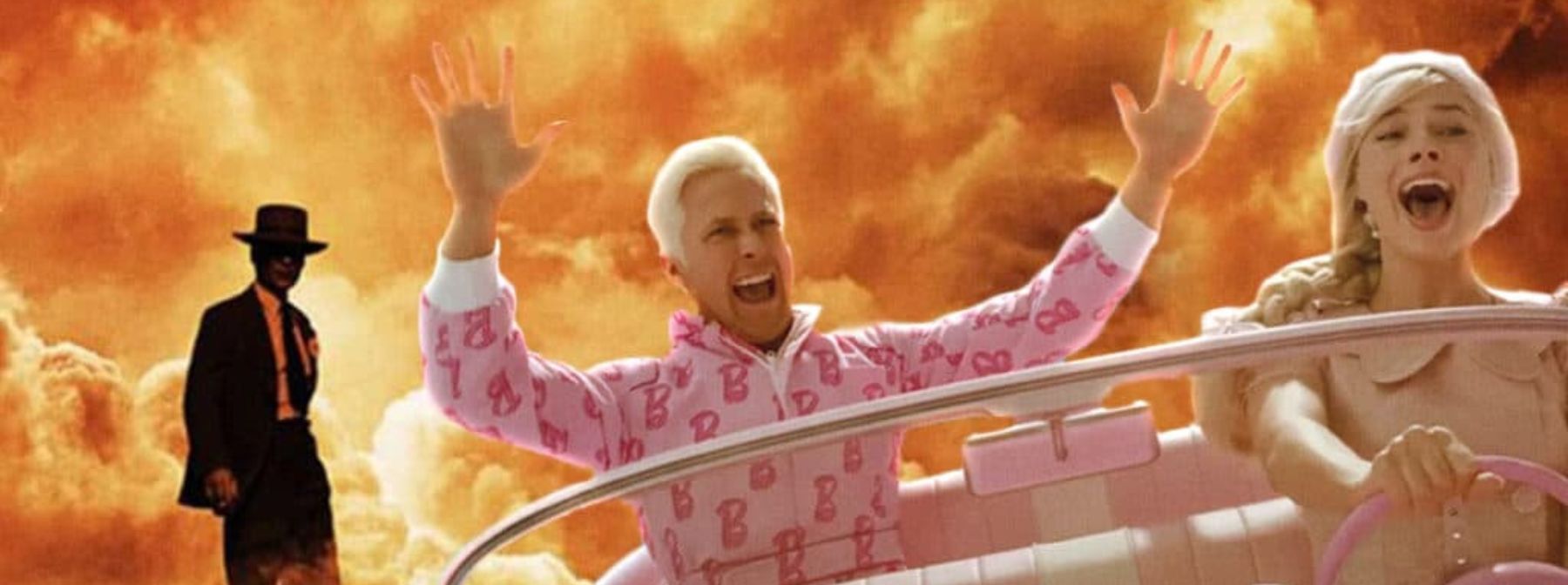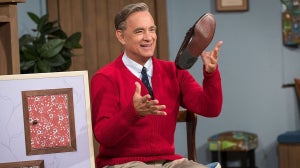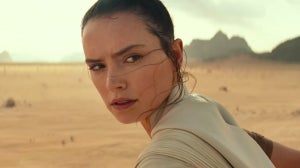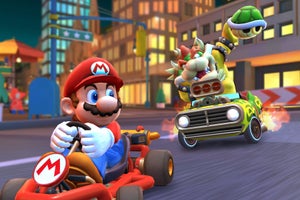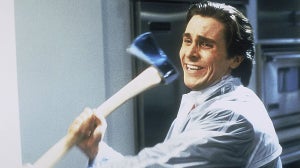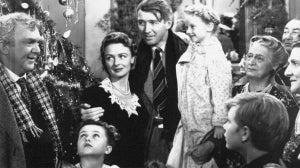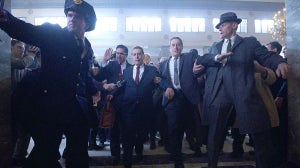
Barbenheimer is here, and cinemas are saved.
Millions of movie fans across the globe made the pilgrimage to their local multiplex over the weekend to partake in a double bill of Christopher Nolan's three-hour biopic and Greta Gerwig's cheekily meta take on the Mattel doll. What initially started as an internet meme, joking about watching two completely different films in one sitting, ended up transforming both into two of the year's biggest hits as soon as they opened.
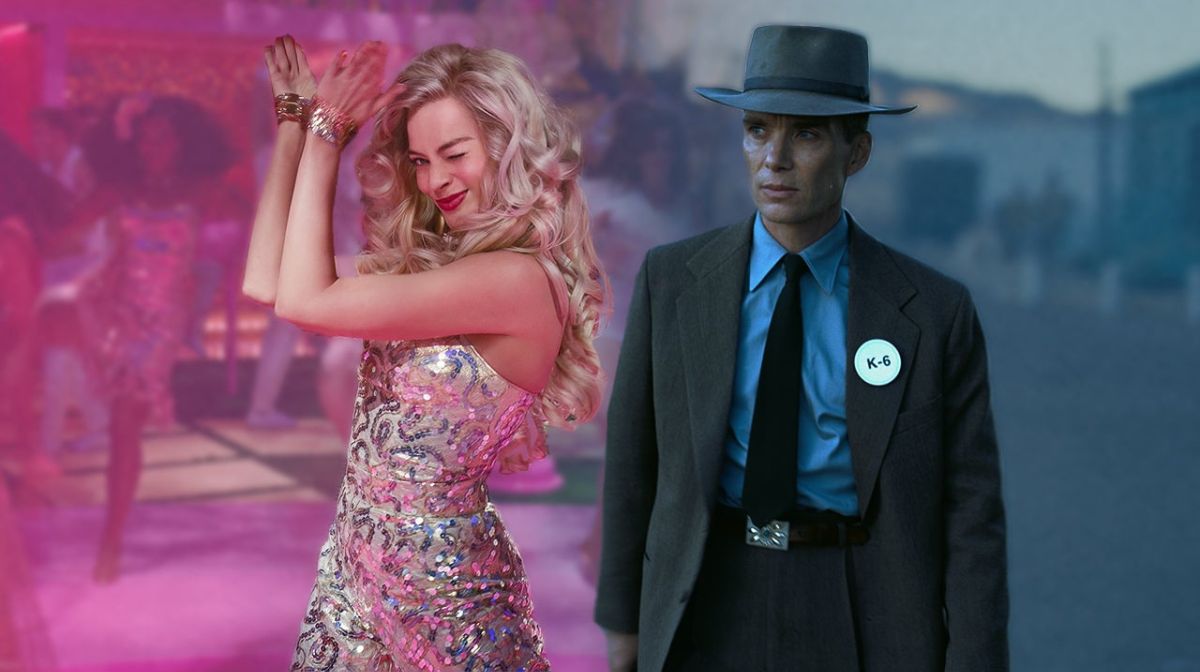
The result was the biggest post-Covid box office weekend so far - in the UK, it marked the first time two different films made more than £10 million on the same opening weekend (Barbie made over £18 million, Oppenheimer was just shy of £11 million).
At first glance, the massive success of the two films on the same weekend seems like an anomaly. But a closer look reveals that they really do make the perfect double bill - so we took a deep dive into the surprising similarities between two films that, from the outside, couldn't appear more different.
Husband and Wife creators
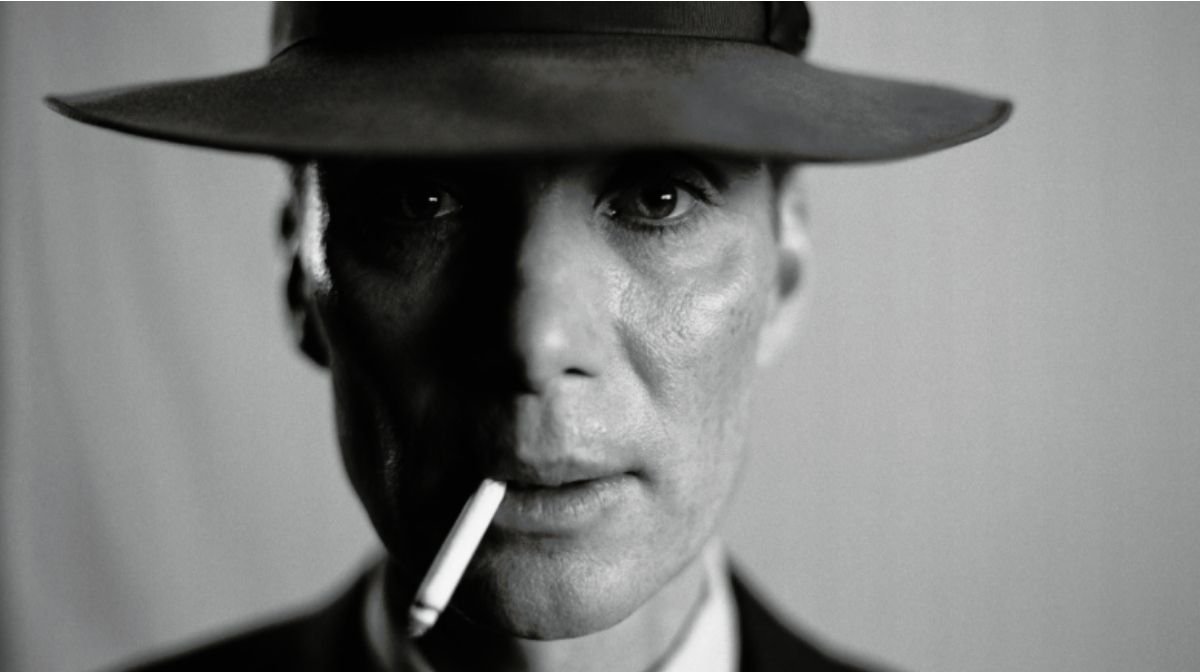
Before we dive into the movies themselves, it's worth pointing out their key similarity behind the camera.
As with all of his films, Christopher Nolan brought Oppenheimer to life with help from his wife and long-term producing partner Emma Thomas, who has been helping bring his movies to the screen all the way back to his 1997 short Doodlebug.
Similarly, director Greta Gerwig had the help of her partner - director Noah Baumbach - in both writing and producing Barbie. Because of the current writer's strike, Baumbach didn't show up at the world premiere, but Gerwig did ensure those in attendance that he was still a "Barbie girl" at heart.
"Do you guys ever think about dying?"
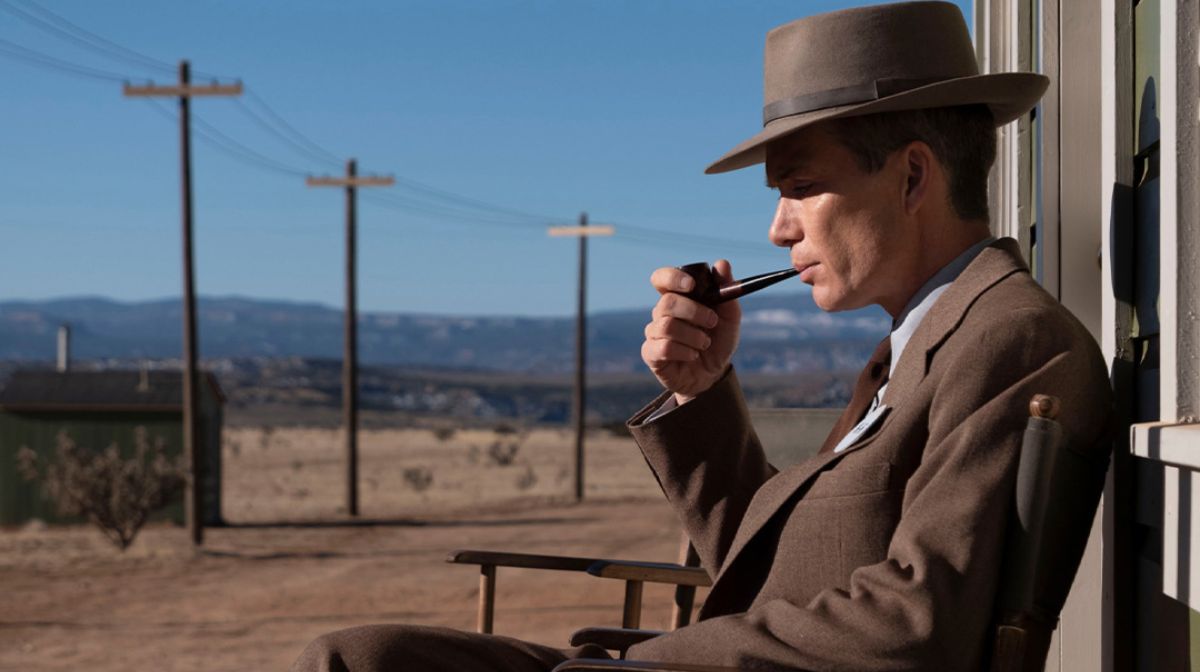
It's no surprise that existential trauma looms large over Nolan's film. American Prometheus, the 2005 biography of J. Robert Oppenheimer that inspired his screenplay, extensively covers Oppenheimer's guilt following the Hiroshima bombings at having created a weapon that can cause untold death and destruction.
The final hour of Nolan's biopic charts the aftermath of the initial bomb test, with several hallucinatory sequences illustrating his guilt-stricken mental state, and his increased (and ultimately, justified) paranoia about the US government's approach to international relations, which brought about a nuclear arms race.
The film does an effective job of mining lingering societal anxieties about nuclear attacks to deliver a horrifying gut-punch of an anti war message - it's hard not to leave the cinema shaken after the final line of dialogue is uttered. But it's by no means alone in conveying a sense of existential dread.
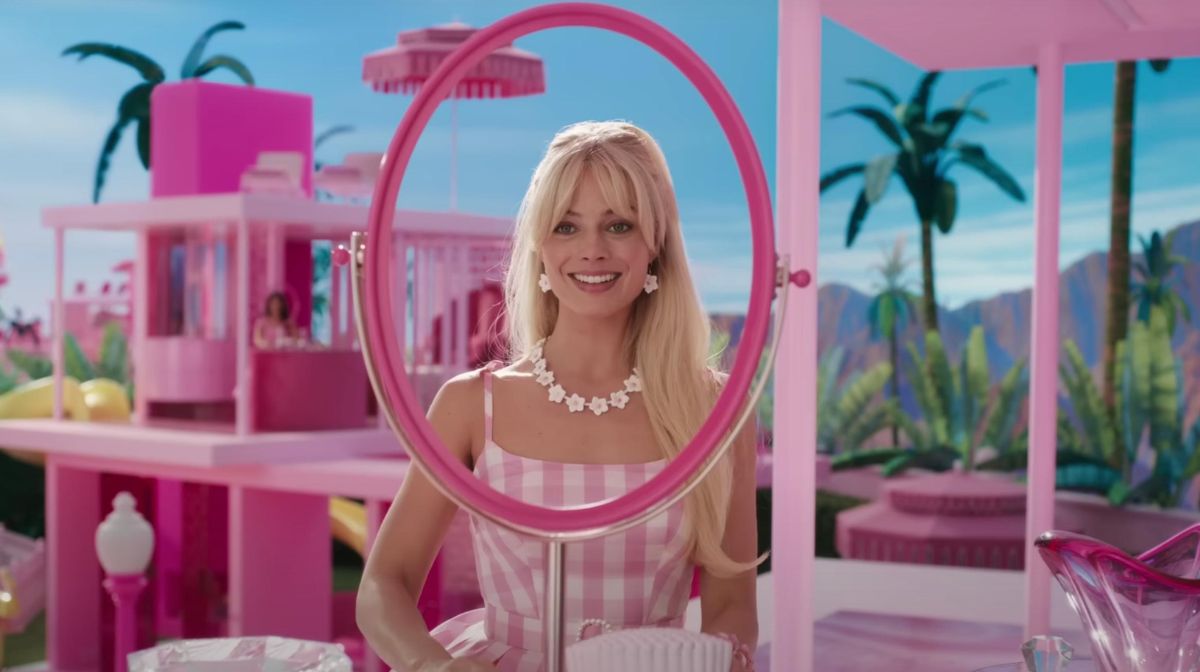
Of course, nothing in Barbie is remotely horrifying, but it does share a surprisingly ponderous view on the very nature of its title character's mortality. Each Barbie in BarbieLand has a corresponding owner in the real-world, and the owner of Margot Robbie's "Stereotypical Barbie" is a stressed-out mother whose depressed thoughts are making the doll malfunction (this makes much more sense in context, I promise).
This means that, for a significant portion of the running time, our heroine is left contemplating her own existence in the wake of an unimaginable event that has completely reshaped it. See, Barbie really is just like Oppenheimer.
Former child stars left and right
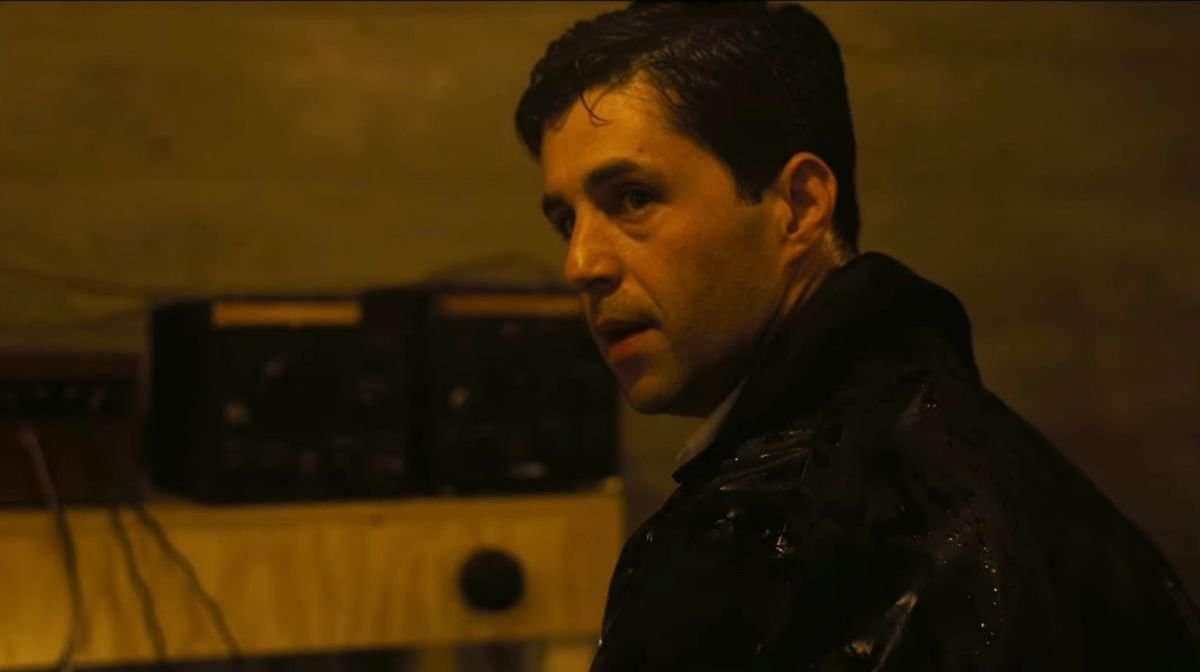
Did you know Christopher Nolan was an avid fan of mid 2000's Nickelodeon kids comedies? It's certainly apparent in Oppenheimer, in which he has cast Josh Peck (of Drake And Josh fame) as Kenneth Bainbridge, the man who pressed the button on that first bomb test.
But he isn't the only former child star who Nolan has slotted into his packed cast. Michael Angarano (who played the lead in Disney's Sky High), and Devon Bostwick (Rodrick in the Diary Of A Wimpy Kid movies) also make appearances - and considering the ages of Nolan's kids, it's hard not to conclude their casting was, in some part, due to having been forced to watch these films and TV shows with them as they were growing up.
Nolan hasn't got the monopoly on using former child stars though. Let's not forget that Ken himself, Ryan Gosling, first rose to prominence on the Mickey Mouse Club as a child, appearing alongside the likes of Britney Spears and Justin Timberlake.
Patriarchy
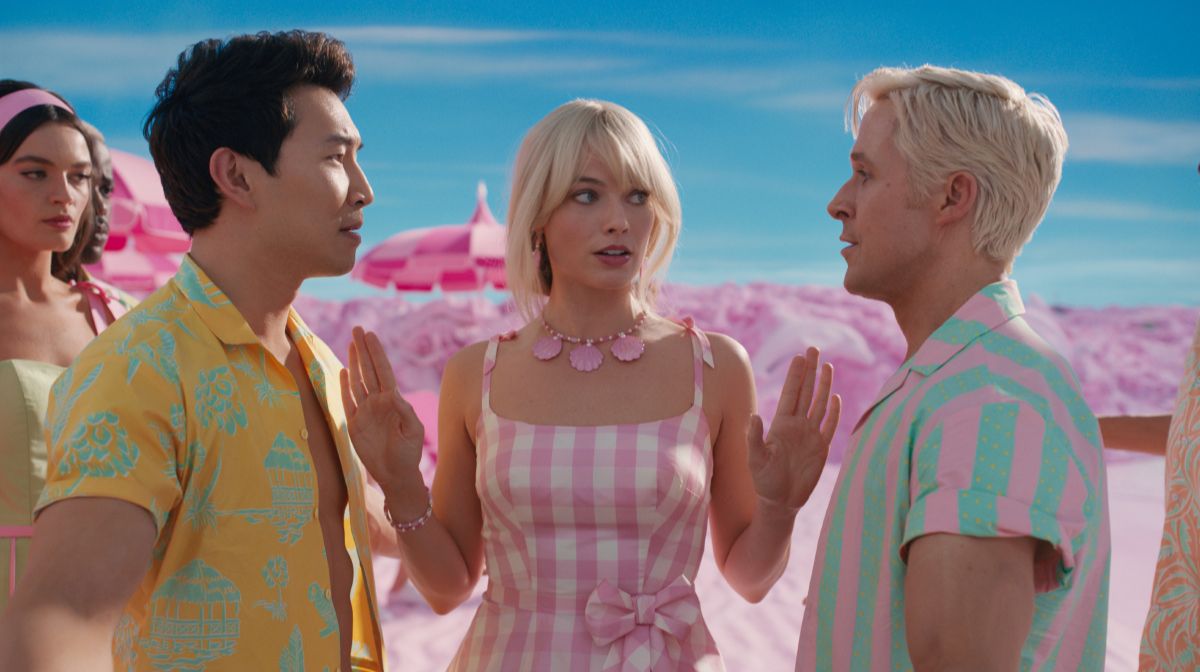
Perhaps the biggest, most surprising similarity between the two movies is that they both grapple with the power of the patriarchy.
In Barbie, this couldn't be more overt - after visiting the real world, Ken becomes infatuated with the idea of men being in charge, the polar opposite to BarbieLand. Inspired, he turns the social order his home world upside down by implanting the idea there, which leads to many of the film's best gags.
Gerwig's film uses the term "patriarchy" 10 times, but it doesn't need to be uttered in Oppenheimer once. This is a film entirely about the men whose creation put the world in danger, and their casual attitude towards causing death and destruction.
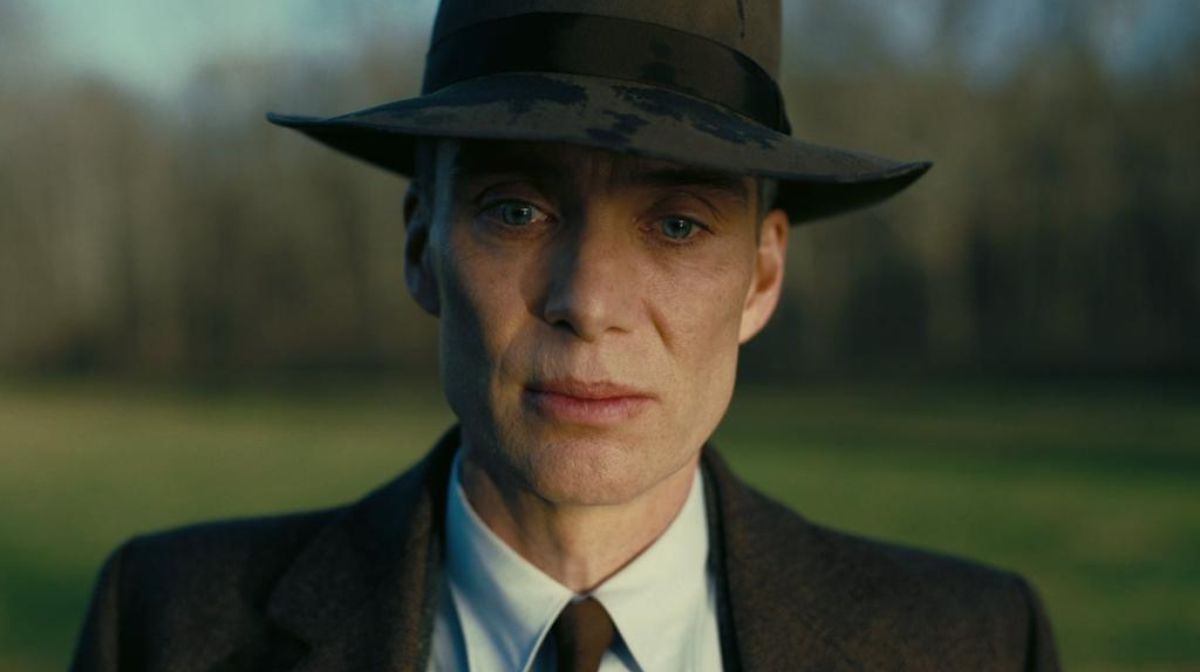
Just take a look at the scene where it's casually discussed which Japanese city should be bombed - with one ruled out simply because one of them went on honeymoon there - or President Harry Truman's (Gary Oldman) dismissive response to Oppenheimer's call for international co-operation to ensure bombs never fall again. These are the men with the power to kill millions in their wake, who have become entirely numb to the human cost of their actions.
Nolan's film packs a punch because this reverberates through to the present: we're still living with the same anxieties because of a different set of men who could obliterate us all with the touch of a button. Not quite as tongue-in-cheek as Gerwig's satirical take on gender relations, to put it mildly.
Barbie and Oppenheimer are both in UK cinemas now.
For all things pop culture, follow us on Facebook, Instagram, Twitter and TikTok.

